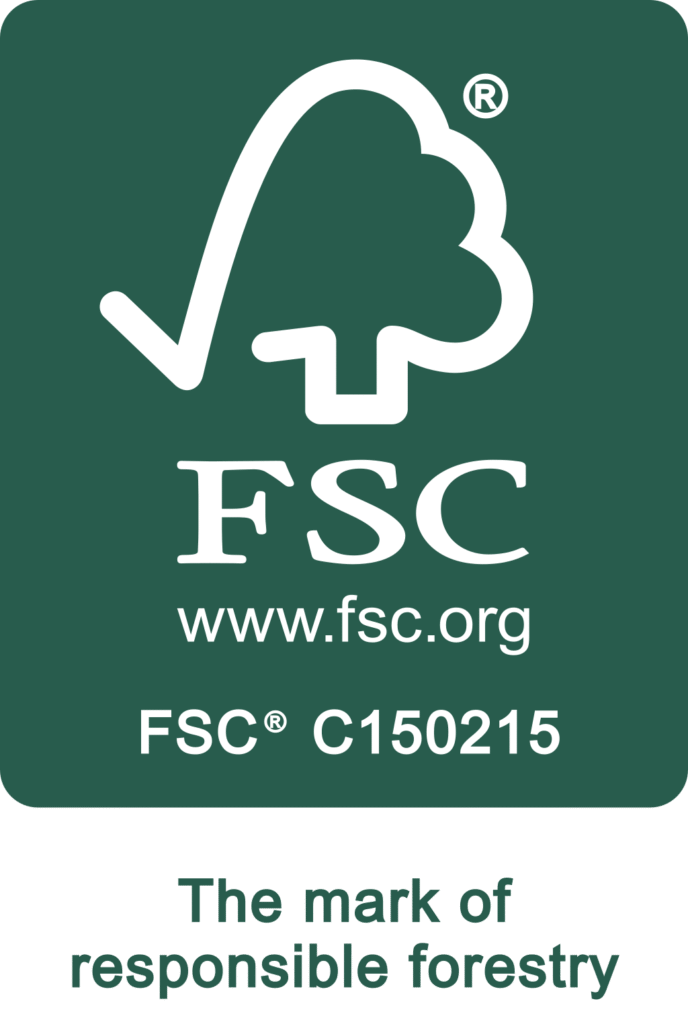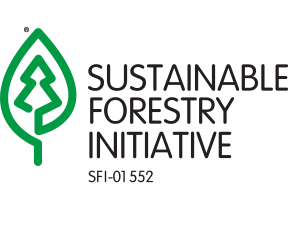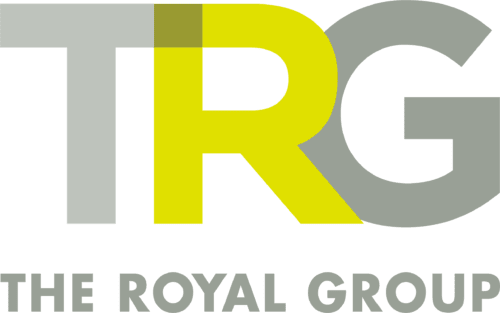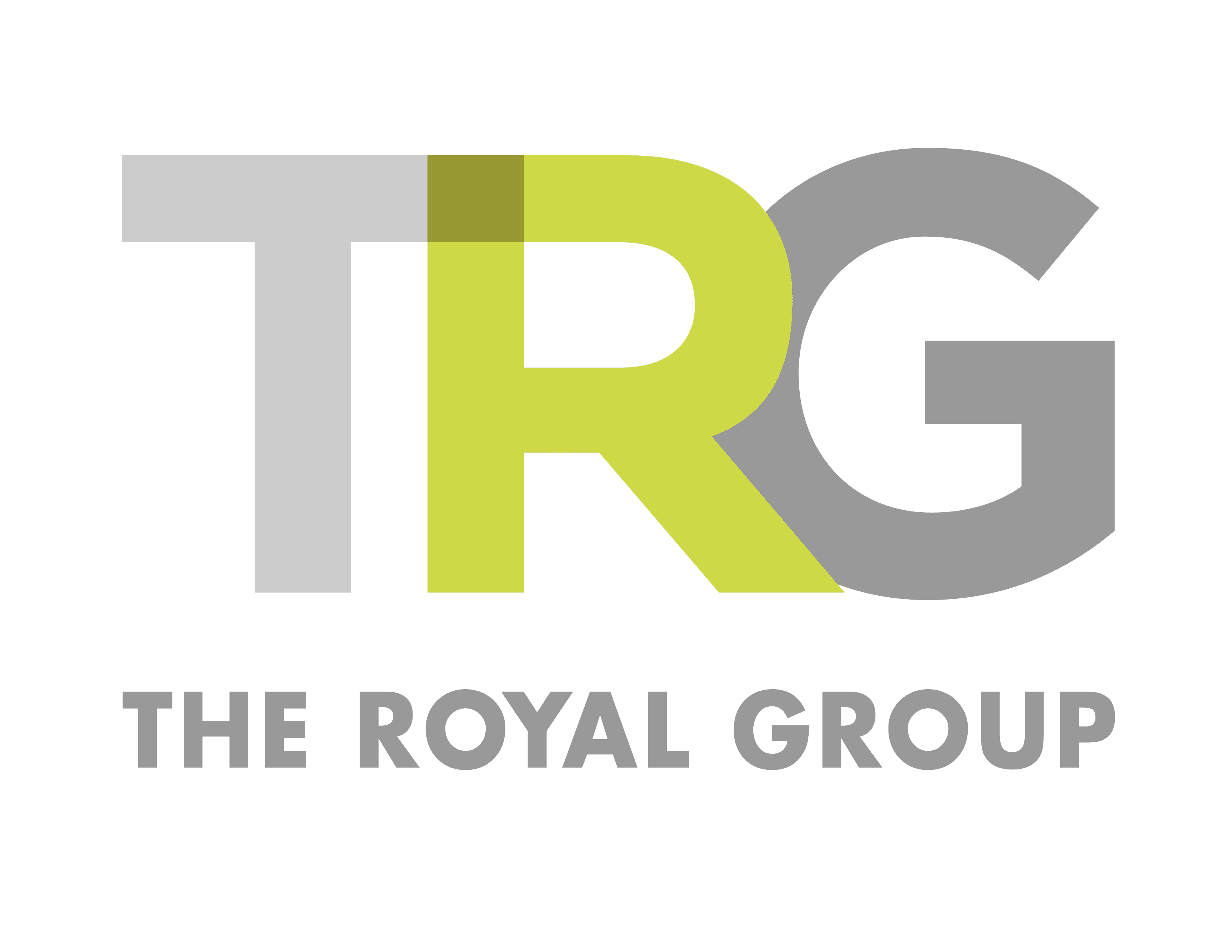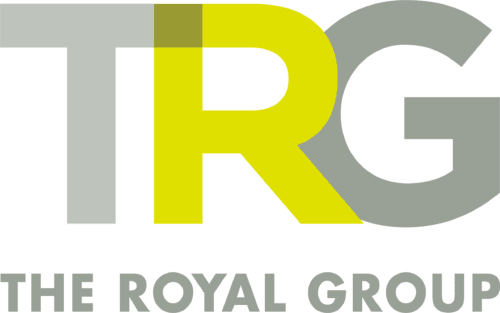Sustainability
Our Sustainability Policy is WaterFiberForestEnergy
TRG strives to be a responsible steward of the environment with a forward-thinking business model building on opportunities to create a balanced ecosystem utilizing the 4 pillars of our Sustainability platform; Forest, Fiber, Water, & Energy.
Our corporate environmental reduction goal is to reduce energy, water, & waste by 15% by 2035 (baseline year of 2023)
Our Goal
25%
SUPPORT HEALTHY FOREST by expanding our measure of wood sourced through sustainable forestry programs
Successes
GROWING 25% more than is being removed from the wood basin.
TRACK all wood purchases via verified tracking system.
FOREST ENHANCEMENT activities provide nearly 2/3 of our wood supply.
FOREST
FIBER
Our Goal
OPTIMIZE OUR FIBER YIELD
PROMOTE INNOVATIVE, SUSTAINABLE DESIGN PRINCIPLES
REDUCE AND REUSE PAPER WASTE generated in our facilities
Successes
DESIGN packaging for efficient use of new & recycled materials maintaining structural integrity/maximizing trailer & warehouse space.
DIVERT all waste from production to recycling mills. (Over 7MM tons of materials diverted from landfills)
STANDARDIZED use of recycled mediums.
DEVELOP higher strength grades requiring less fiber.
UTILIZE fully recyclable flexo & digital inks.
Our Goal
15%
REDUCE WATER USAGE while seeking new ways to refine our water conservation methods and ensure water output is aligned with community needs.
Successes
SAVE 3MM gallons of water annually through continuous chillers on our corrugators.
UPGRADE to WaterSense technology with all renovations and new builds at TRG facilities.
Water
Energy
Our Goal
REDUCE GREENHOUSE GAS EMISSIONS by 15% throughout our facilities by the year 2035 (baseline year of 2023)
INVEST IN ENERGY-EFFICIENT CONVERSION EQUIPMENT in our production process
Successes
TRANSITION lighting to LED & Motion Sensitive Lighting. 75% complete conversion to LED.
CONVERT our forklift fleet to electric power source.
UPGRADE outdated HVAC systems/renovations/green builds with energy efficient units.
INVEST in energy-efficient conversion equipment.
The Life Cycle of a Box
Sustainability is at the heart of TRG’s approach to packaging. From using responsibly sourced materials to efficient production that reduces waste, we focus on minimizing our environmental footprint. By committing to sustainable practices at every step, we minimize our environmental impact and support a closed-loop system that conserves resources and promotes a greener future.
Featured Case Studies
-
Case Study
Club Tray
1 component; 17% material reduction
Parity compression strength to incumbent
Annually saves 2.1MM Sq. Ft. board.
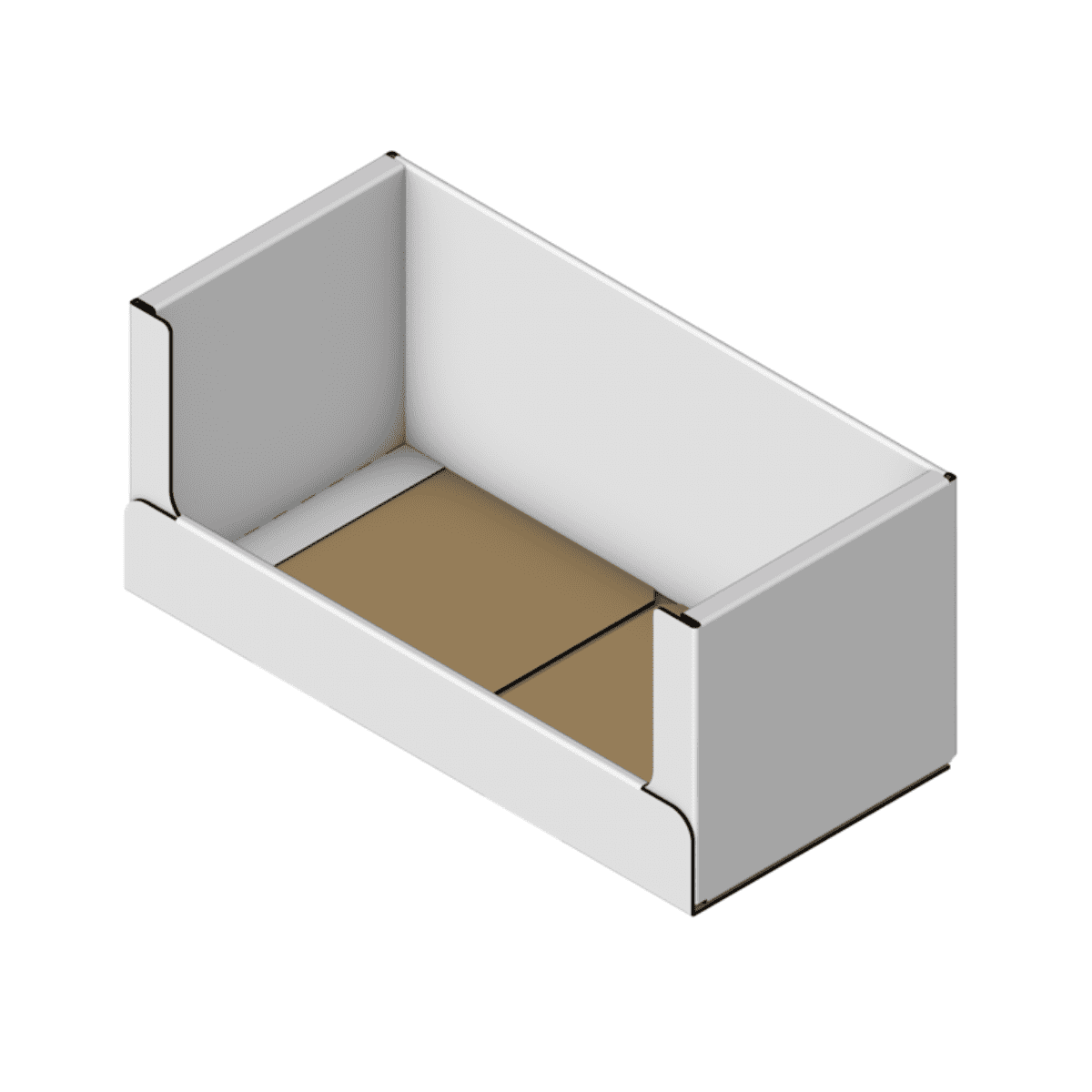
-
Case Study
Cross Aisle Pallet
Reduced total # of components to 15 from 35
Corrugate reduction 12%
Maintained structural integrity & performance
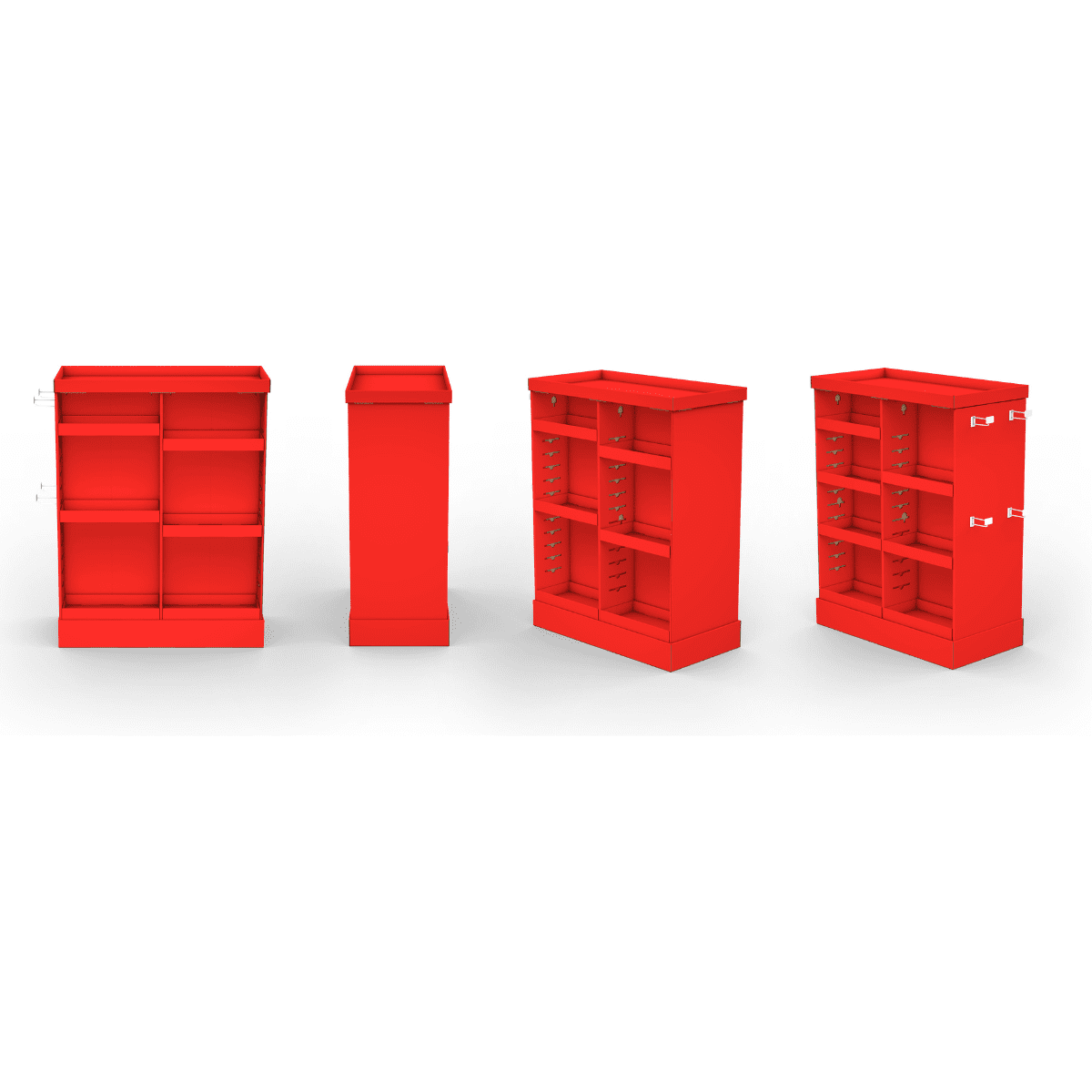
-
Case Study
Custom Corrugated Bin
Locking Bottom/Top Cap
Supports 250-300lbs product load.
Compatible with customer racking system.
100% recyclable.
Reduced trailering & warehouse space.
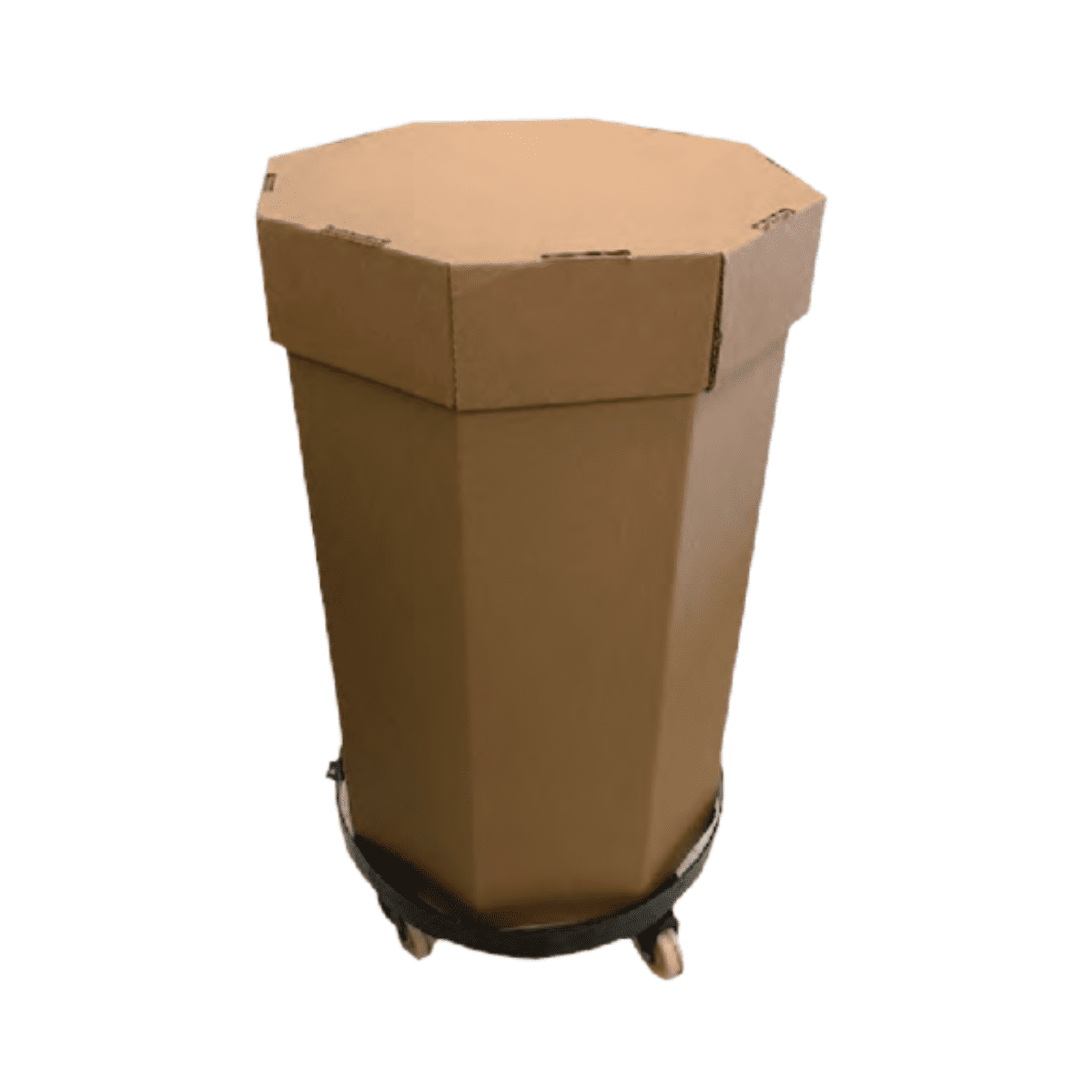
-
Case Study
Toy Pallet
Reduced # of components from:
70 corrugated / 6 plastic to 42 corrugated / 0 plastic
Maintained structural integrity & performance
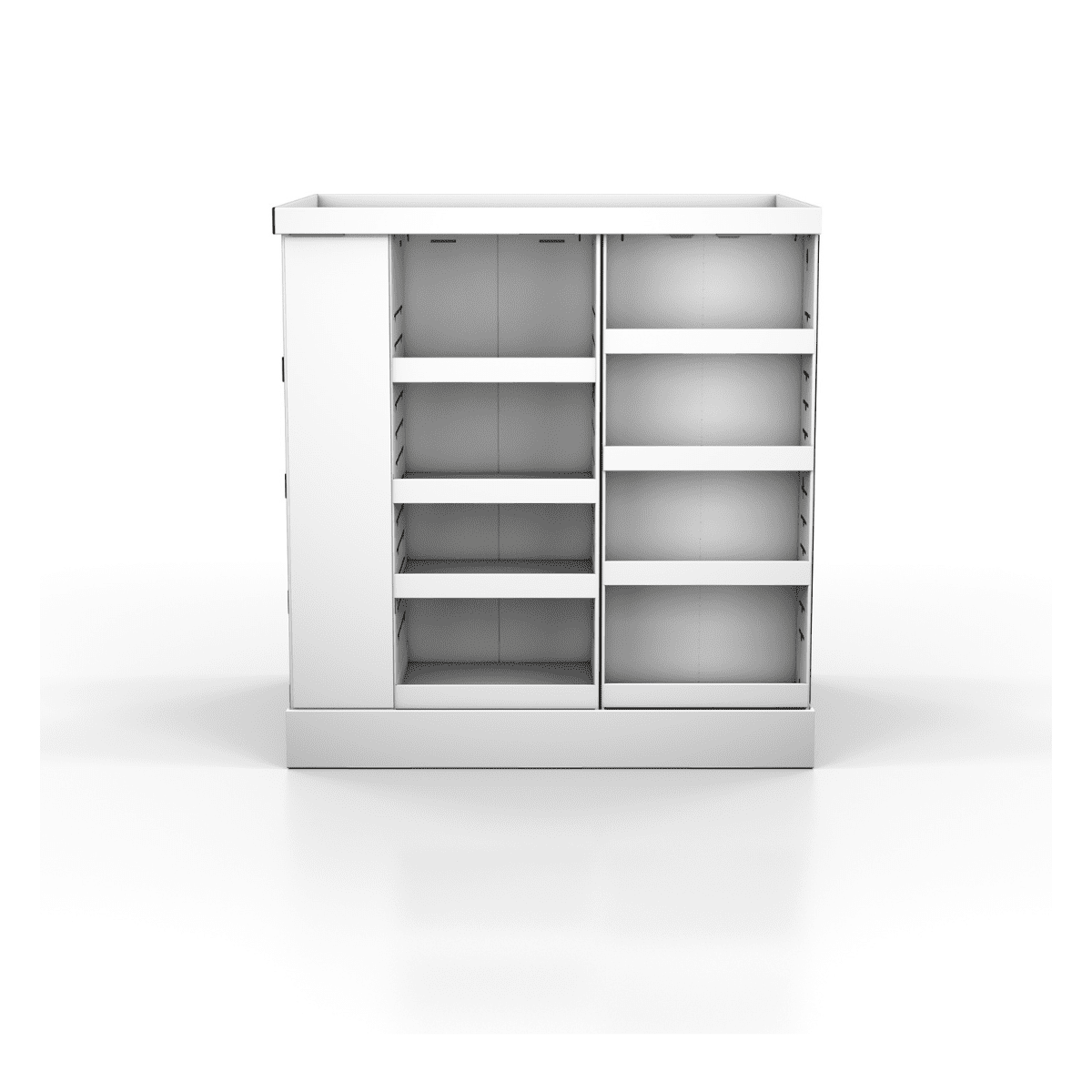
-
Case Study
Shelf Tray
Reduced # of components from 8 to 5
Reduced printed components from 3 to 1
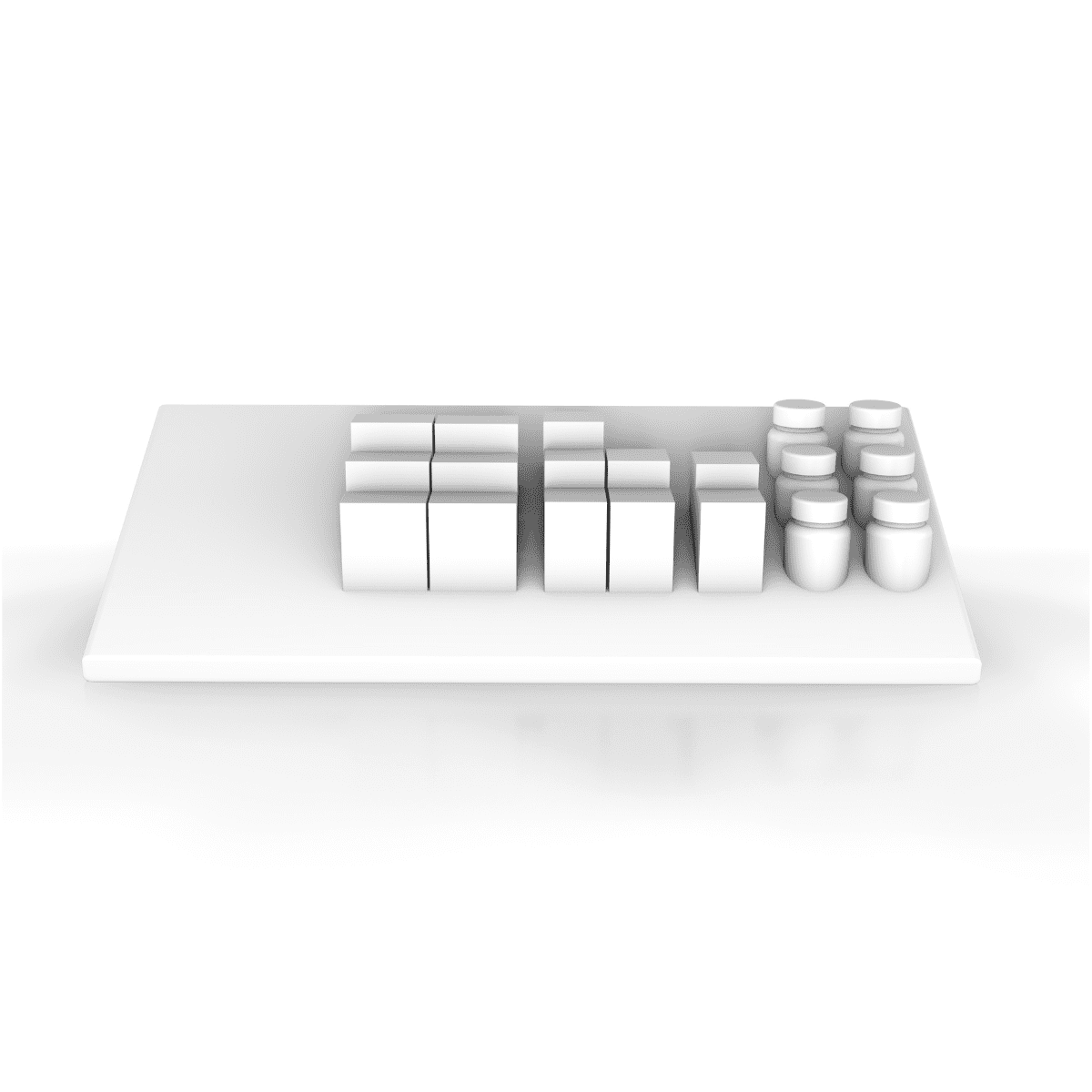
The Power of Green
Many of our corrugated facilities also focus on making Green Choices including:
